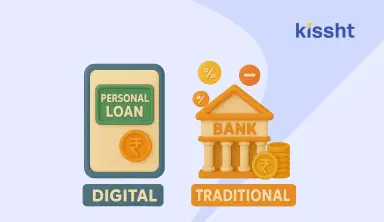How to Arrange Money Urgently for Hospitalization
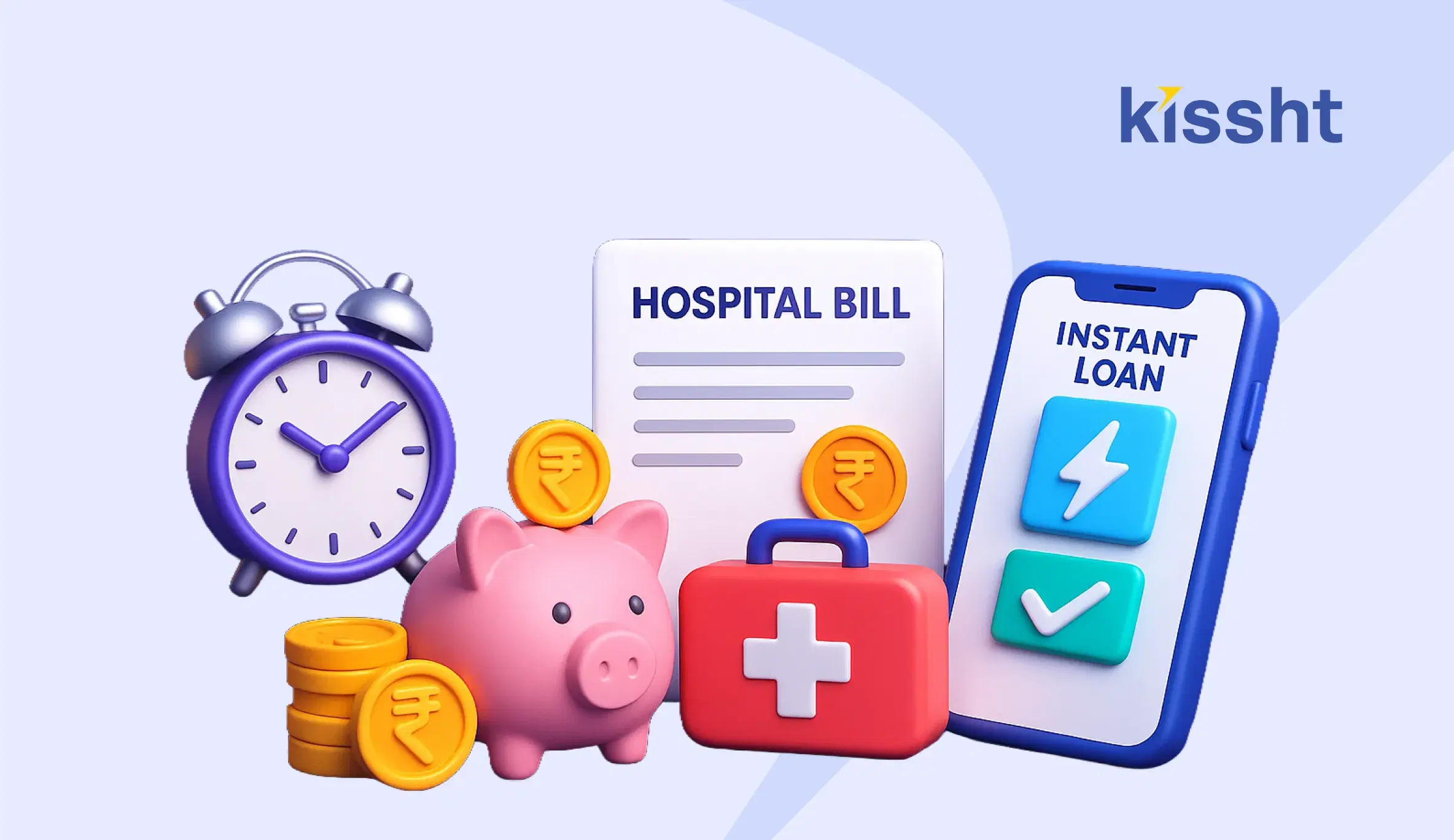
When a medical emergency occurs, arranging timely treatment becomes the priority. However, hospital expenses can come up quickly, and not all families have instant access to the required funds. Even with savings or insurance, there are moments when additional support is needed to manage hospital deposits, tests, or ongoing care.
Since most emergencies do not come with warning, people look for ways to arrange funds quickly through savings, credit tools, relatives, and increasingly, medical loan providers and digital lending platforms.
Why Quick Access to Funds Matters During Hospitalization
Hospitals often request an initial deposit before starting certain procedures, and insurance approvals may take a little time. In such situations, having access to quick funding can help the process move smoothly and without unnecessary stress. Many people now use an online loan app or instant loan online services to bridge the gap until claims get settled or other arrangements are made.
Before borrowing, individuals often check repayment plans using a loan EMI calculator. This simple tool provides clarity about monthly instalments and helps them make informed decisions while keeping finances manageable during a sensitive period.
Common Challenges Families Face During Hospitalization
- Large upfront admission deposit
- Cashless insurance not approved in time
- Limited savings or emergency funds
- No credit card or insufficient limit
- Time-sensitive surgeries and treatments
- Hospital payment demands for every stage
This is what often pushes people towards medical emergency loans, personal lending options or NBFC-based loans that provide immediate access to money.
Ways to Arrange Money Quickly in a Medical Emergency
Below are some practical options used by families in India when funds need to be organised immediately:
Accessing Savings and Liquid Investment
Fixed deposits, recurring deposits, mutual funds and insurance surrender values can be liquidated quickly. However, these may not always cover the entire cost.
Using a Medical Loan
A medical loan is a flexible form of unsecured borrowing used for expenses like surgeries, medicines, ICU care and recovery. It can be accessed even without insurance.
Some lenders offer instant approval for medical emergency loans, making them a dependable solution when speed is essential.
Applying Through Digital Lending Platforms
When the hospital needs money and paperwork is still incomplete, many turn to digital finance tools such as Kissht loan or similar apps. These allow users to apply online, upload documents, and receive funds without visiting a branch.
A good online loan app can complete verification within hours, making it a realistic lifeline for people who don’t have the luxury of time.
Asking for Employer Advance
Some companies allow salary advances for emergency medical needs. It’s a helpful option but depends on HR policies and approval timings.
Borrowing from Family or Community
This may work where support systems are strong, but it is not always possible or emotionally comfortable. It may also not be enough for large hospital bills.
Using Credit Cards as Temporary Support
If the limit is sufficient, it can buy time. However, long-term interest charges are high, so this works best only as a short-term measure.
How Digital Loans Support Emergency Hospitalisation
Technology has made lending faster and more accessible. That’s why borrowers who need help immediately often apply for an instant loan online instead of waiting for a traditional bank process.
Here’s what makes digital loans useful in medical situations:
- Fully online journey
- Low documentation
- Quick disbursal into bank account
- No collateral required
- Can be applied from home or hospital
Regulated fintech platforms now offer medical emergency loans that can cover everything from admission deposits to post-discharge bills. With the right planning and a clear understanding of EMIs, these loans can be repaid over a manageable timeline.
A Realistic Mindset for Borrowers
You should always assess these points before committing to a loan:
- Total loan amount vs hospital estimate
- EMI affordability using a loan EMI calculator
- Repayment timeline after recovery
- Whether insurance reimbursements might offset some of the cost
- Choosing lenders who clearly mention charges and interest
Taking a loan during a crisis can be emotionally difficult, but when handled responsibly, it prevents treatment delays and protects loved ones.
When a Medical Loan Makes Sense
A medical loan is particularly useful when:
- There is no insurance
- Cashless approval is delayed
- Hospital estimate is above personal savings
- Surgery or treatment cannot wait
- Borrowers need structured repayment at fixed EMIs
Because these loans don’t require collateral, they are accessible even to borrowers without property or assets. That is why a large number of people rely on medical loan products for urgent hospitalization.
FAQs
Can I get a loan if I do not have health insurance?
Yes. Many lenders provide medical emergency loans and personal credit options even without insurance.
How quickly can an instant loan online be approved for hospitalisation?
Approval times vary but many online loan app platforms process applications within a few hours.
What is the benefit of using a loan EMI calculator before borrowing?
It helps you understand monthly instalments clearly, making it easier to plan repayments during or after treatment.

Instant Loans at Your Fingertips
Personal Loan
Fast, hassle-free loan for your personal needs.

Business Loan
Fuel your business growth with quick approvals.

Loan Against Property
Unlock your property’s value with ease.

Credit Pulse
Boost your credit score with smart insights.

Track your credit score
Simply enter your mobile number to get a quick overview of your credit score.
Check Now
Related articles

Nov 21, 2025
Factors That Affect Your Personal Loan Eligibility
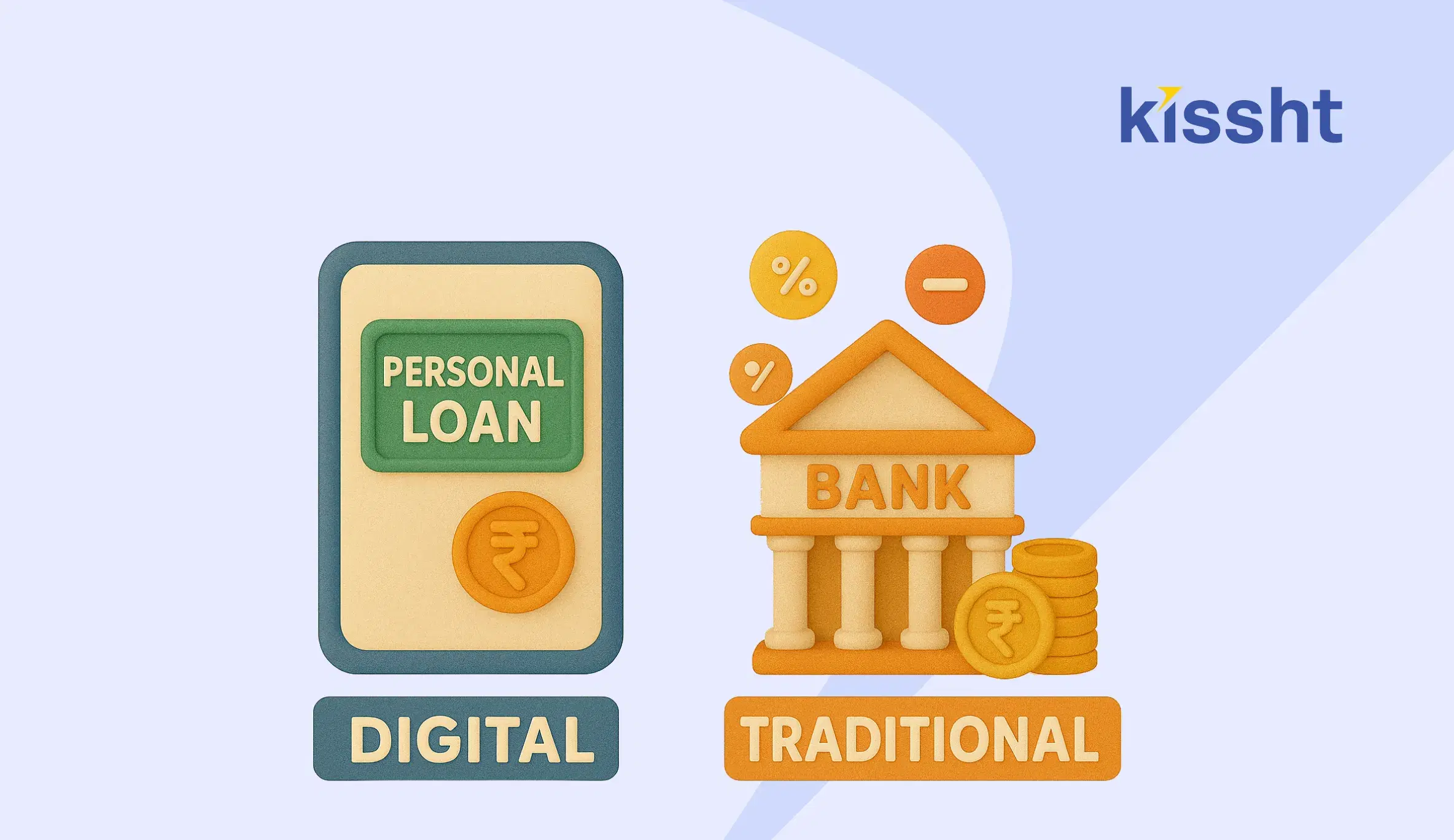
Nov 21, 2025
Digital Vs Traditional Personal Loans: Which One Works Better?

Nov 20, 2025
Personal Loan for Self-Employed: A Complete Guide to Apply Online
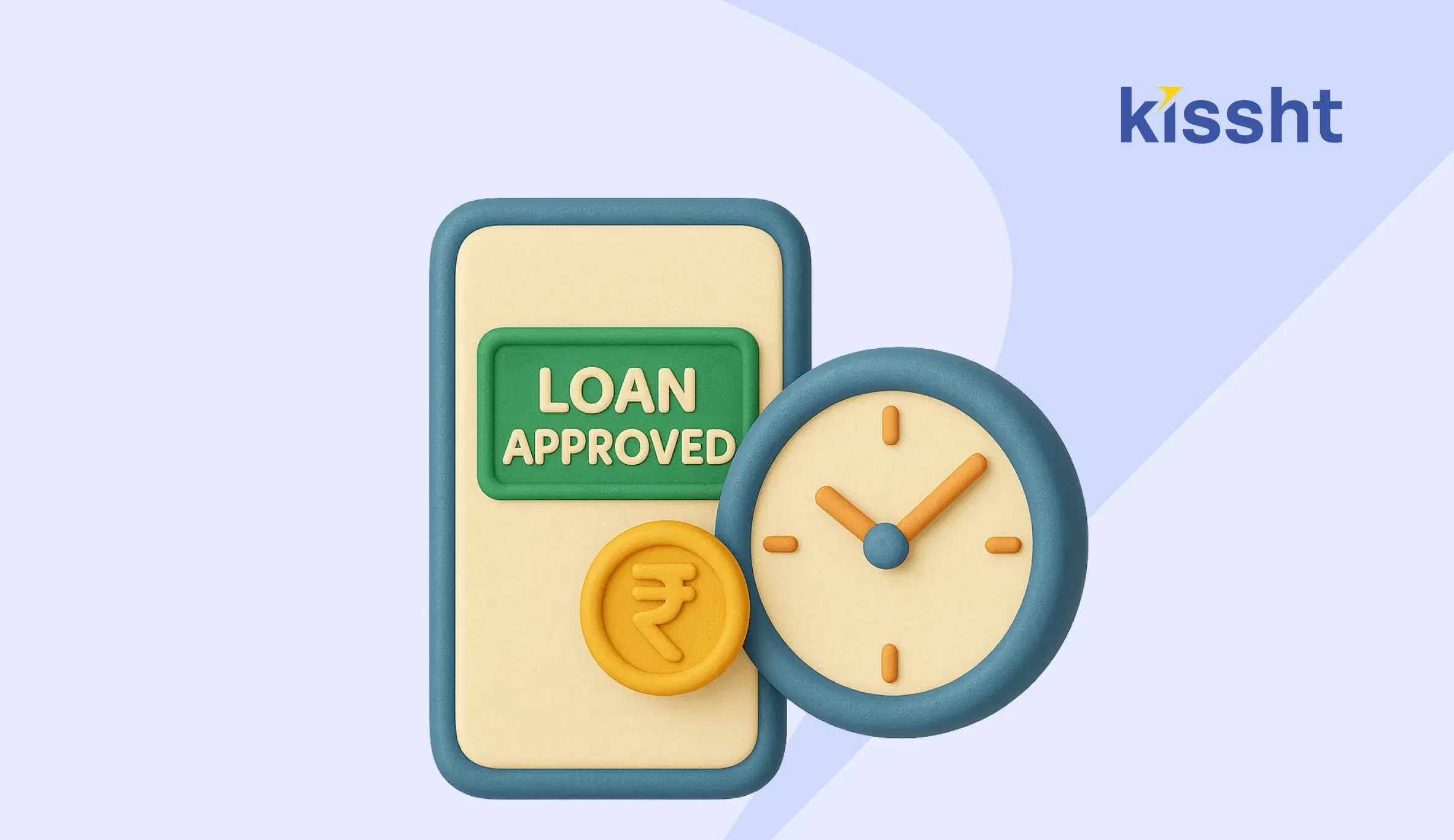
Nov 20, 2025
How Much Time Does It Take to Get a Personal Loan Approved?

Nov 20, 2025
How to Get a Personal Loan for an Unemployed Housewife

Nov 19, 2025
How Single Women and Mothers Can Get a Personal Loan in India

Nov 18, 2025
Aadhar Card Loans: How to Apply for an Instant Personal Loan Online
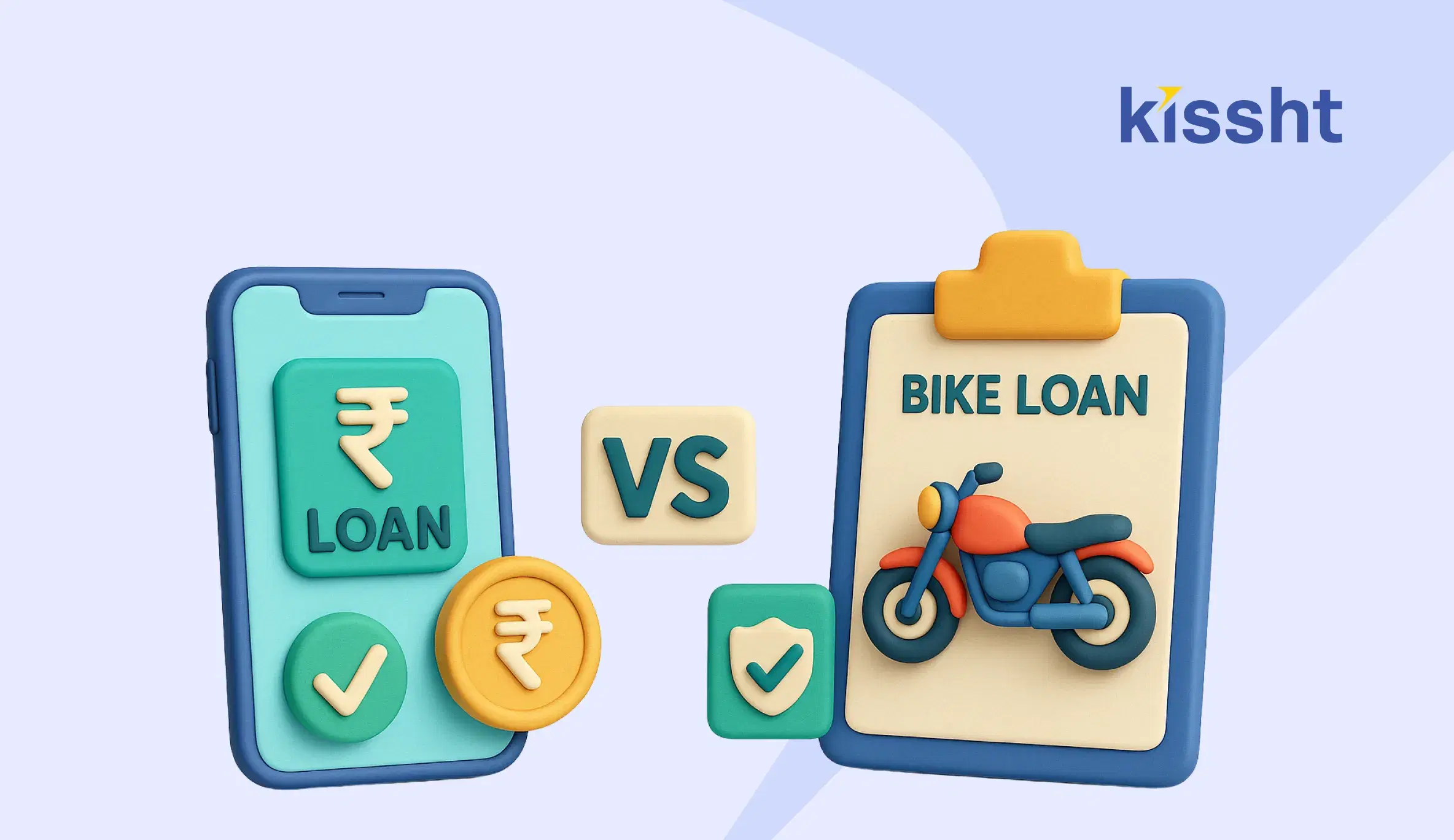
Nov 20, 2025
Personal Loan vs Bike Loan - Choose the Best Loan for You

Nov 19, 2025
Common Myths About Instant Loan Apps in India
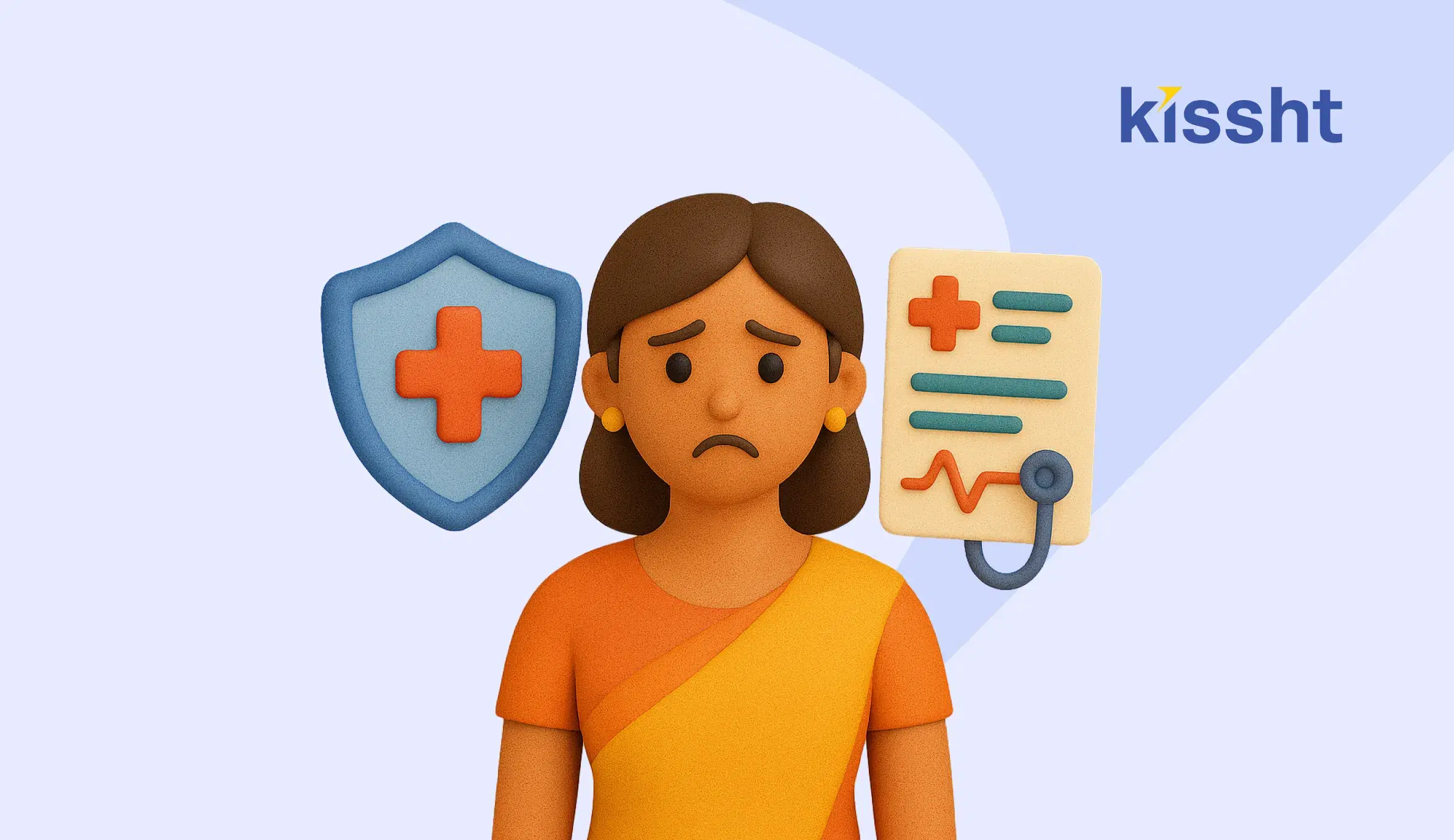
Nov 19, 2025
Medical Emergency Without Insurance: Why Many Choose Personal Loans for Quick Support
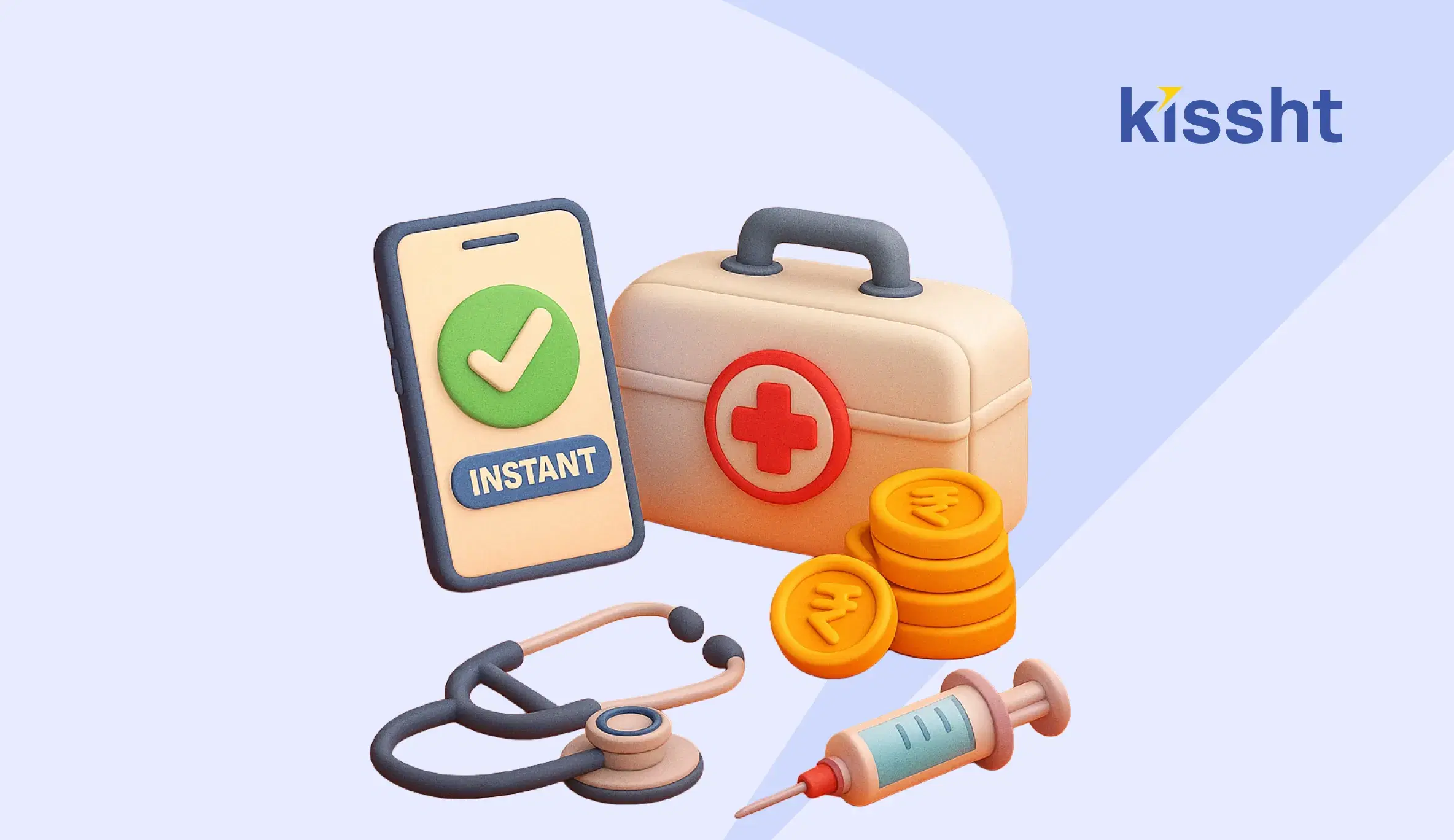
Nov 19, 2025
Instant Medical Emergency Loans: How to Get Funds When You Need Them Most

Nov 17, 2025

